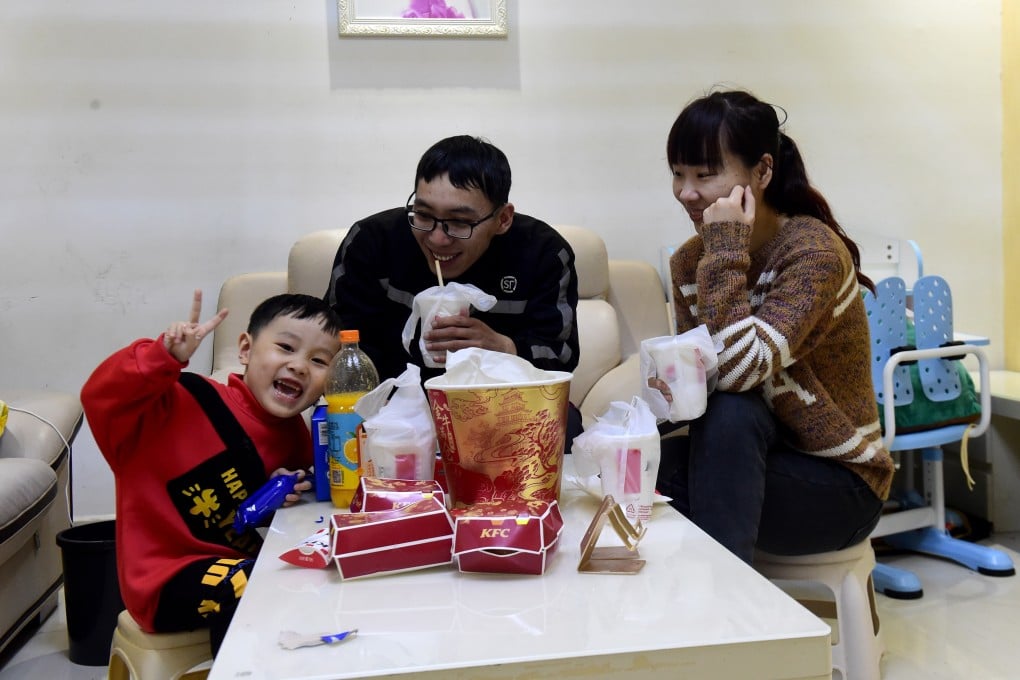Chinese health authorities deny planning to end birth control restrictions
- The National Health Commission said comments that three provinces would be allowed to adopt new policies did not mean it would end limits on family size
- Currently families are limited to two children, but the end of the one-child policy has failed to stop birth rates falling

China’s top health authority has denied that it will lift birth control restrictions in the northeast of the country.
But on Saturday it issued a clarification saying that was the wrong interpretation of its comments and it was “not the [NHC’s] intention”.
“We believe that there are various reasons behind the long-term population decrease in the northeastern area and it’s not an issue that can be solved solely by lifting birth restrictions,” it said in the latest statement.
“The suggestion to cancel restrictions in the northeast needs comprehensive and thorough study.”
The National People’s Congress, the country’s top legislature which holds its annual meeting next month, had asked the commission to respond to a proposal to drop limits on family sizes in the region.